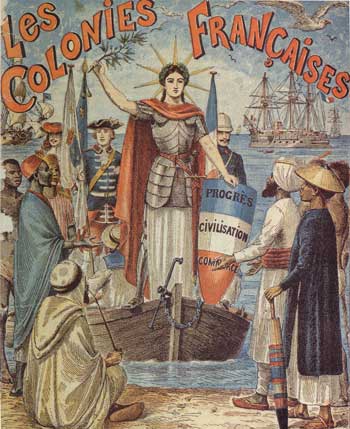
There is an excellent op-ed in today’s New York Times, Slumdog Tourism, by Kennedy Odede. It notes the increase in “slum tourism” in places like Rio de Janeiro, Mumbai and Nairobi.
Slum tourism has its advocates, who say it promotes social awareness. And it’s good money, which helps the local economy. But it’s not worth it. Slum tourism turns poverty into entertainment, something that can be momentarily experienced and then escaped from. People think they’ve really “seen” something — and then go back to their lives and leave me, my family and my community right where we were before.
I have witnessed this phenomenon many times, especially in North Africa (I lived in Morocco and Tunisia). It struck me as more prevalent among those staying for at least a few weeks or longer. Students on study abroad programs, Fulbrighters, Peace Corps volunteers and others seemed to be under the impression that in order to see the “real North Africa” they had to avoid anything other than the most impoverished settings; affluence, even the middle class variety, was the sign of Western influence and to be avoided as “inauthentic.”
This view of travel and study abroad is not much different than the mission civilastrice Hubert Lyautey and his French colonial administration brought to Morocco. The inhabitants of Morocco were, in this conception, noble savages, and their nobility was very much tied to the savagery of their lives. French cities were built to ring the so-called Arab cities with a cordon sanitaire separating the two spaces. This line of analysis is well tread in scholarship and one can delve into works by Janet Abu-Lughod, Edward Said and Pierre Bourdieu for more.
But it often seems accepted by the students and other young people we send overseas that authenticity and nobility can only be found in the slums. Even those who are well meaning fall into this trap, glorifying deprivations abroad they would never tolerate at home. It is because their very conception of being authentically Arab or North African is based on a conception not all that different then Lyautey’s. In my experience, those most likely to quote Said’s Orientalism are also those most likely to engage in the thinking Said so deftly deconstructs.
The lesson? We should make sure to redouble our efforts to sensitize our students going overseas and encourage them to take as sophisticated a view of other societies as they can. We don’t want them only locked away in 5-star hotels, of course, but we also shouldn’t have them discount large swaths of other societies as being inauthentic (whatever that really means).